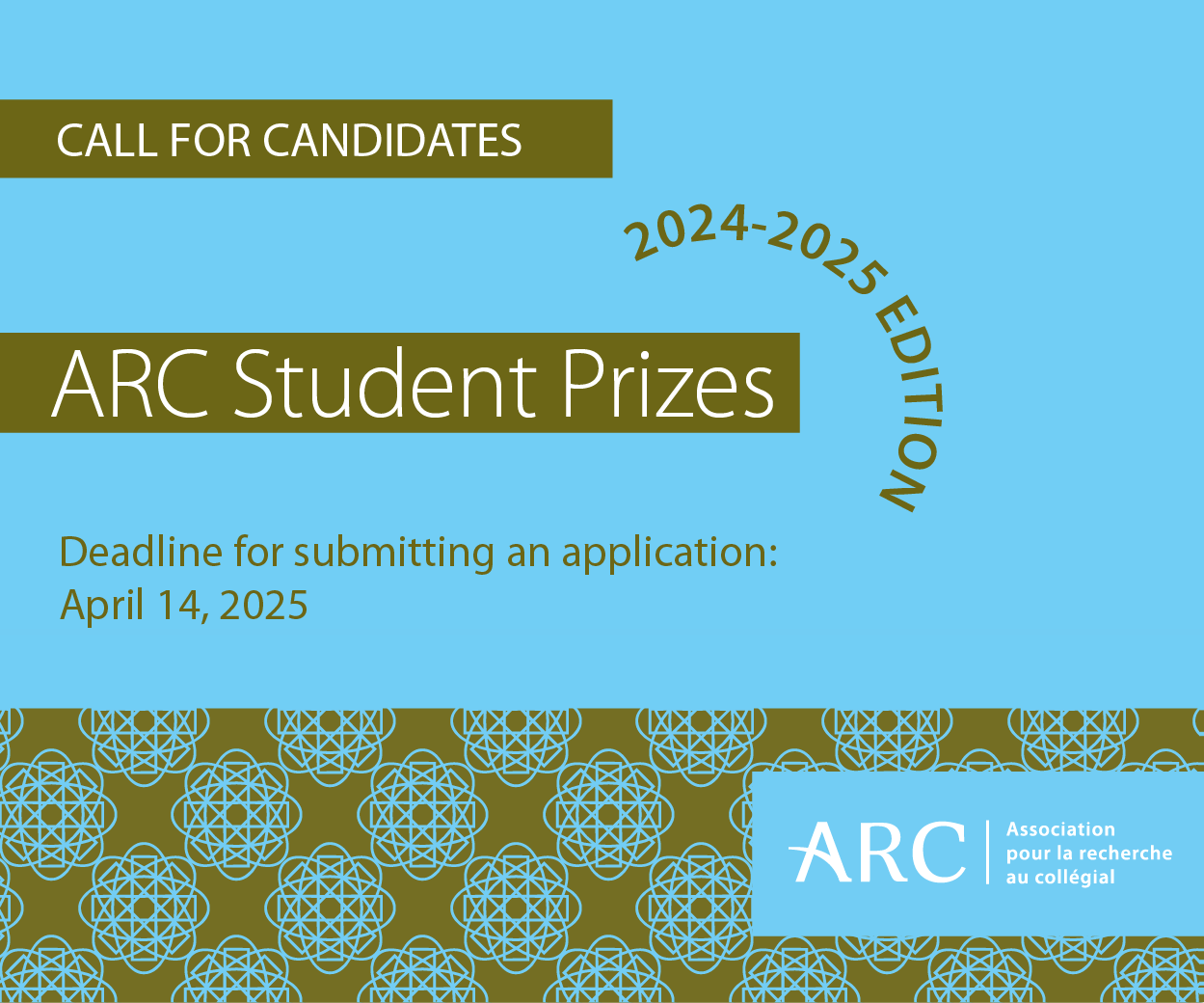Western professor Laura Stephenson, chair of the political science department, has seen voter attitudes towards climate change shift in recent years, despite most Canadians agreeing that climate change is happening.
The political adage, "It's the economy, stupid," is proving accurate. As citizens experience financial strain, there is less emphasis on what Stephenson calls "luxury goods" - which seems to include environmental concerns.
"If you have basic things covered, then you have the capacity to actually worry about the environment," said Stephenson. "Think of it like wanting to save for retirement while you're struggling to pay for rent. Essentially, dealing with climate change is like investing in the future, but if you can't make ends meet today, how many people are going to be willing to do that?"
Stephenson said it's a natural instinct for humans to act this way. It's incredibly difficult to convince people to sacrifice now so their grandchildren can benefit, especially if people already feel as if they are struggling.
It's a reality Ivey Business School professor Brandon Schaufele is also witnessing in his energy policy work.
"I think there's been a perception over the last 10 years that we could have our cake and eat it too. While we can improve both environmental outcomes and the economy over the long run, in the short-run energy affordability is really important to Canadians," he said.
Schaufele is director of the Ivey Energy Policy and Management Centre, which focuses on three main areas of study: energy transmission, regulation and hydrocarbons and the environment. He has spent years working on policies to help Canada reduce its emissions with minimal impact - or even benefit - to the economy.
He believes with innovation and technological change, we can drive better environmental and economic outcomes.
"A clear example of this is air pollution, which is far less of a problem now than it was 50 years ago," he said.
What remains a consistent roadblock is political will and public opinion.
By the numbers: What Canadians think
Stephenson is co-director of the Consortium on Electoral Democracy (C-Dem.ca), which has been gathering data on voter attitudes towards climate change over the last five years in annual Democracy Checkup surveys.
Canadians' assertions that climate change is real hasn't shifted much over that period. Data from Democracy Checkup surveys shows nearly 90 per cent of Canadians polled say climate change is happening, a number that has remained relatively unchanged over the last five years.













